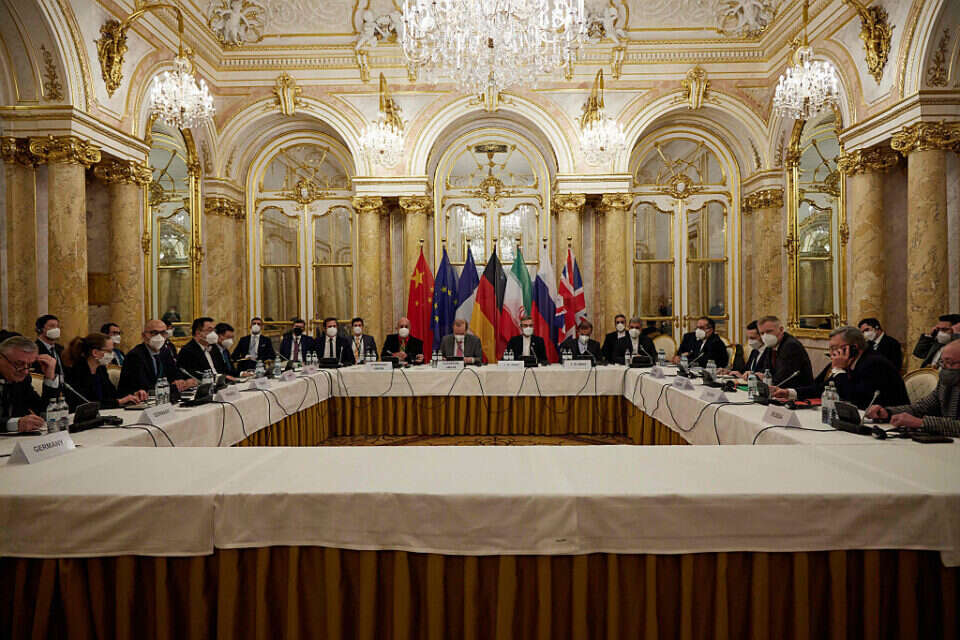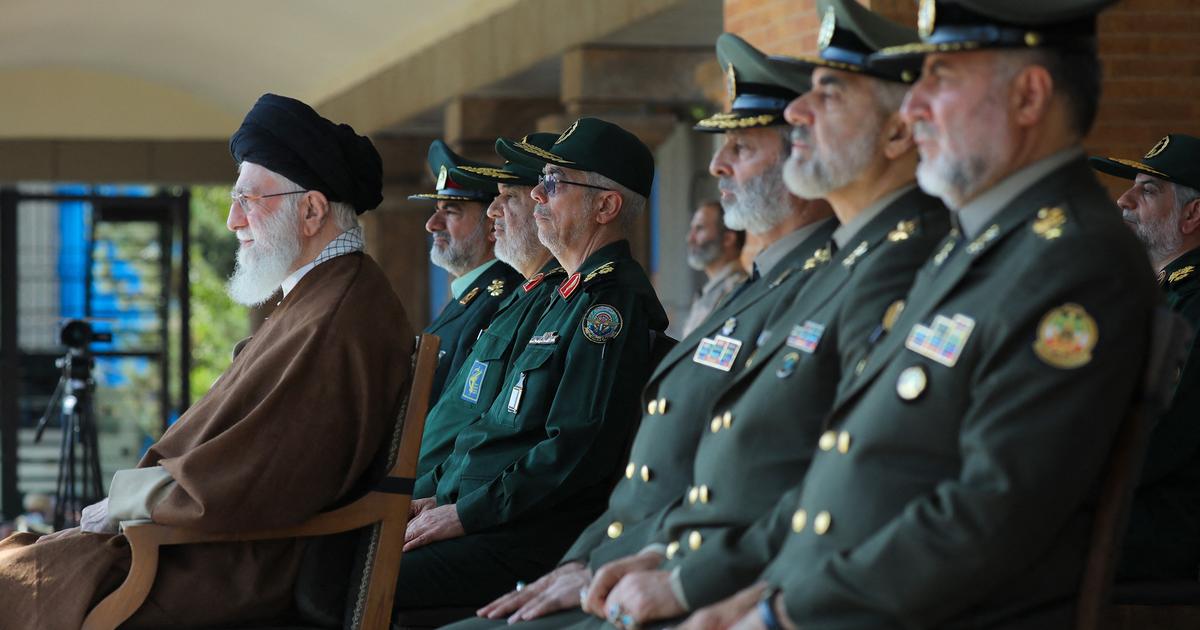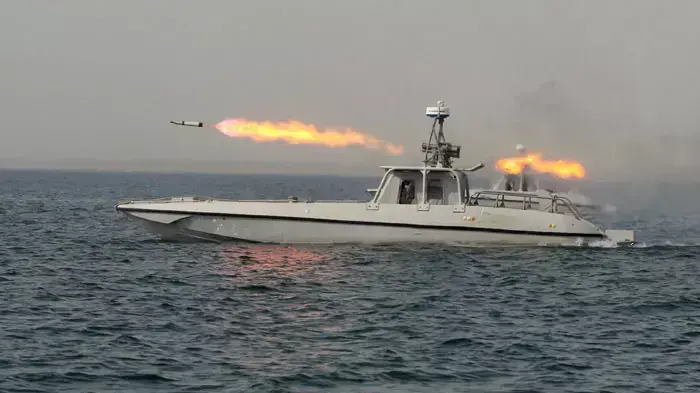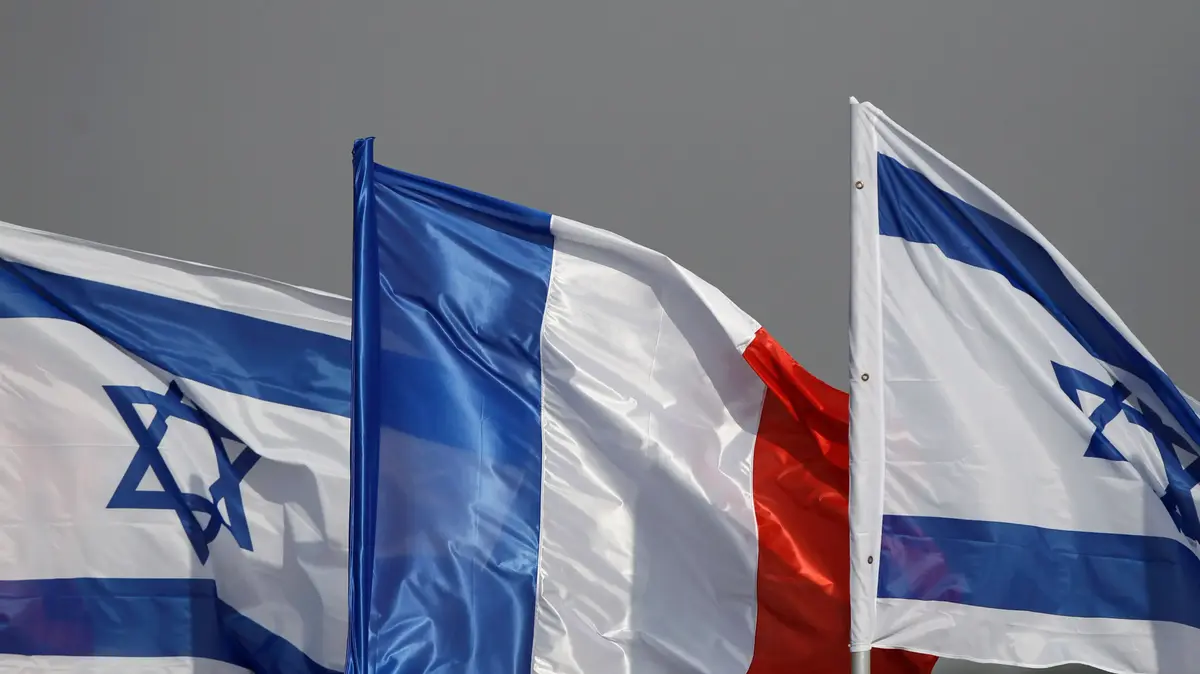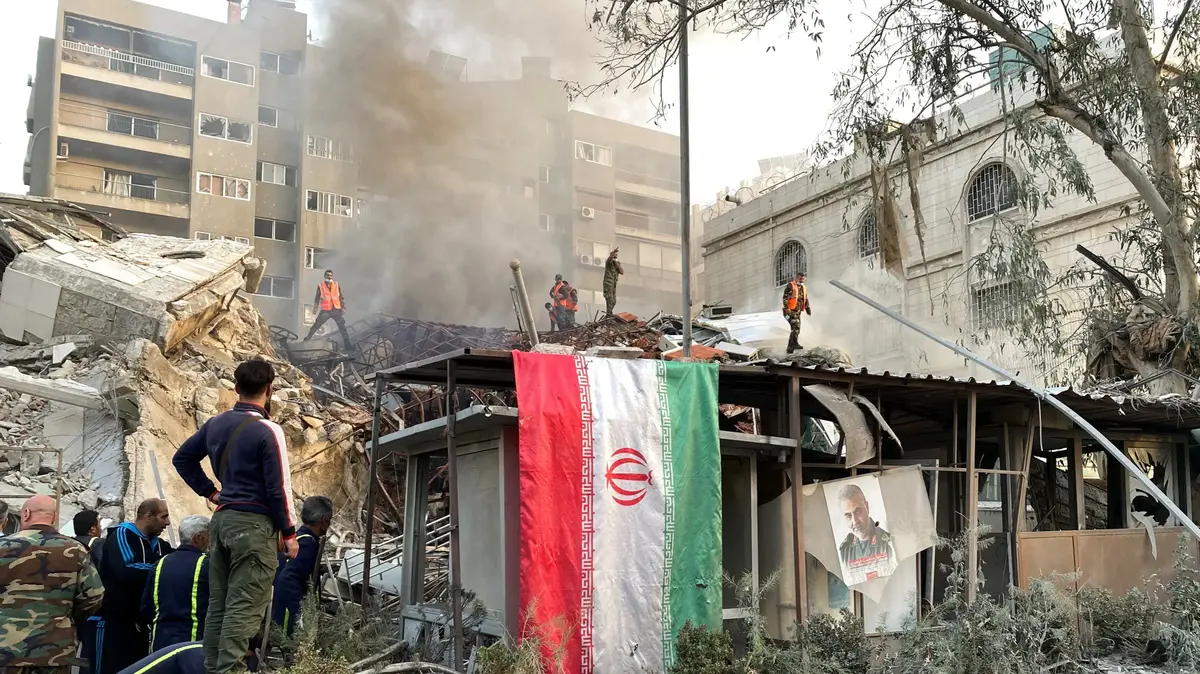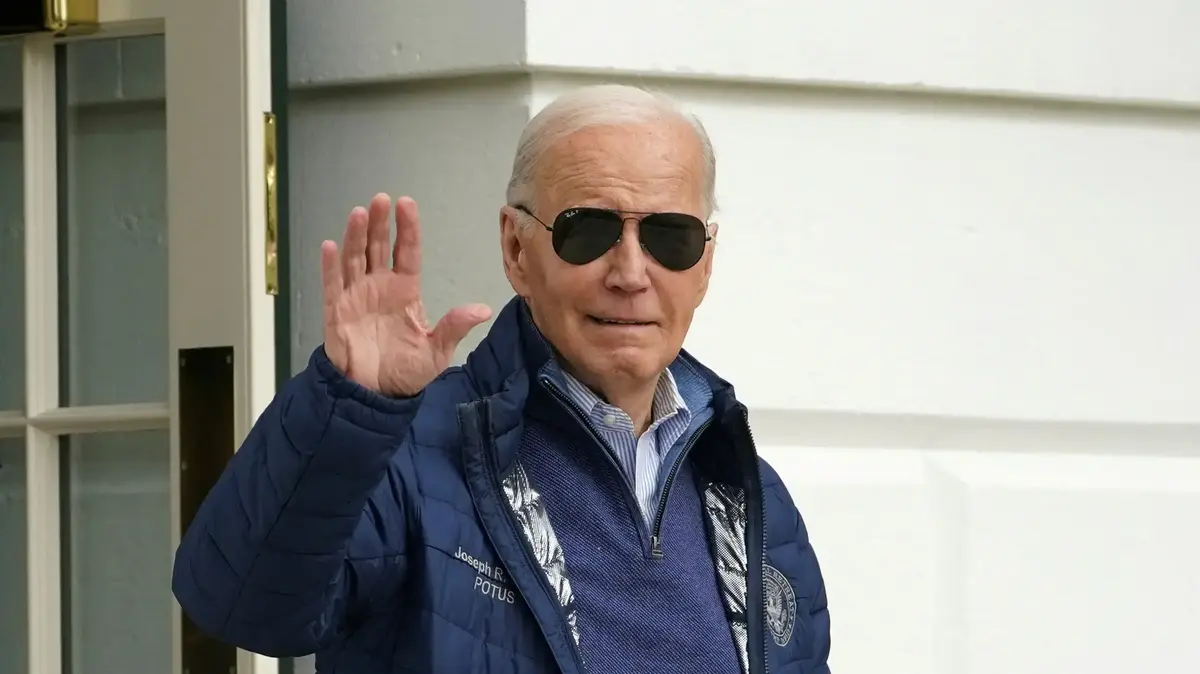The nuclear talks in Vienna continue, and the Iranians continue to be dictators of tone and rhythm.
Israel is busy with corona, plea bargains and setting up commissions of inquiry, and attention seems to have shifted to the very important issue of negotiations in Vienna, although the decisions that emerge from there will most likely affect Israel. Specific to the 2015 agreement, although it is clear to everyone that it is irreversible, or to reach some kind of interim settlement.
Only a good and comprehensive agreement, which permanently disables Iran's ability to reach the nucleus, would be acceptable, but that is really not the obvious direction.
Even if the details are not accurate and clear and the leaks are trending, and although there will no doubt be changes until an agreement is signed, in full or in part - the picture as a whole is very worrying.
Biden's special envoy Rob Mali is eager to reach an agreement.
He is therefore willing to please the Iranians and accept most of their demands, while not punishing them for violations of the NPT and the 2015 agreement and for failing to cooperate with IAEA investigations. "Street".
The current focus of the talks is on some return to 2015, although that is not possible.
The unofficial information leaked indicates that the current understandings are that the amount of enriched uranium, at all levels, that will remain in Iran will be above the amount agreed in 2015, and the final amount will depend on the extent of the cancellation of sanctions.
Enrichment will be stopped to 60 percent, and the enriched material will be diluted or shipped to Russia.
The enrichment will continue to 20 percent, without the accumulation of new material, and the fate of the enriched material is under discussion.
The advanced centrifuges, installed in violation of the agreement, will not be destroyed and do not appear to be dismantled either.
They may be inserted under IAEA "locks", and in any case the R&D will continue.
In Tehran, the cows will be "bleached"
The Iranians insist that in any case the original dates for the termination of the agreement (SUNSET) will not change, and all their achievements in advanced centrifuge R & D will be preserved. In a lot of advanced centrifuges, all this before dealing with the development of the weapons system, whose updated status is unclear and the distance to complete the readiness for a system that will be mounted on one of the Iranian carriers, or will be used for a limited experiment to prove capability.
Nuclear talks between Iran and the powers in Vienna // Photo: Reuters
Iran is demanding that Europe issue an economic guarantee to it and the companies that work with it, in case the US decides to withdraw from the agreement again. The Iranians want to close all new IAEA investigations, and of course not open the old one.
There is probably no consensus on this issue and there is talk of a "freeze", with all the heavy implications it has for the severe damage to the IAEA's status and a vote on the insignificance of the "unprecedented and intrusive" oversight regime achieved in the 2015 agreement. In Vienna on the altar of reaching agreements with Iran.
In the background remains the American ambition for the "Less for Less - Less for Less" agreement, if there is no agreement on a return to 2015.
As we have warned in the past, this is a "More for Less" agreement, with irresponsible parties in Israel calling it "Less For Time for Time."
Without going into the discussion, part of which was published on NBC, if the proposal for an interim agreement - which has been on the table for the past two weeks and is currently off the table - is a Russian, American, or joint proposal, it is clearly a "terrible" proposal.
Luckily the Iranians rejected it at this point because they expect to get much more from the agreement, which in any case they will not abide by.
The proposal for an interim agreement probably included stopping the enrichment to 60 percent and treating the enriched material, continuing the enrichment to 20 percent without accumulating new material and without treating the accumulated material and continuing to operate the advanced centrifuges at Kom, without installing new ones, but approving additional production.
In exchange for these agreements, the Iranians were offered the release of $ 10-8 billion "imprisoned" from the oil money, apparently from South Korea.
To be clear, the 2015 agreement was terrible, and the various proposals to return to it in some way are very problematic, but the proposals for an interim agreement are much worse.
The interim agreement will give billions of dollars to Iran, will make it possible to rehabilitate the economy and continue to support terrorism, and will send a message to the markets that doing business with Iran is permissible and worthwhile.
At the same time, Iran will "bleach" the violations and offenses it has committed in recent years.
This interim agreement was probably proposed for two to six months, to allow time to build an agreement back to 2015 or another agreement.
The Iranians continue to rely on the doctrine that the United States is weak and will not attack, Israel has no ability to attack, its economy will withstand current pressures, and there is no credible military and economic threat to the regime, leaders and property. , Israel does not fall into the trap. Israel continues to demand from the US and the powers to return to maximum economic pressure and make sure that there is a credible military threat on the table, but the demands are currently falling on "deaf ears".
The coming weeks and months are expected to be crucial, and Israel may have to decide on the way to implement a policy of maintaining state security independently.
It would be a grave mistake to "play on time."
This will allow Iran to move forward, and perhaps even cross the point where it will be a "nuclear threshold state" and this is forbidden for Israel and the US to accept, despite irresponsible voices calling for this situation to be addressed, because we will reach it anyway. This would be a tragic mistake for generations.
Brigadier General (Res.) Professor Yaakov Nagel is a Senior Fellow in the FDD and a visiting professor in the Faculty of Aeronautics and Space at the Technion.
Mark Dubowitz is the CEO of the FDD, an expert on the nuclear program and sanctions, and in 2019 he was marked by Iran.
Nuclear talks in Vienna Photography: Reuters
Were we wrong?
Fixed!
If you found an error in the article, we'll be happy for you to share it with us

